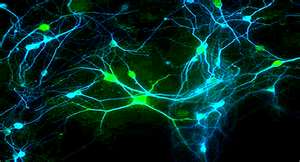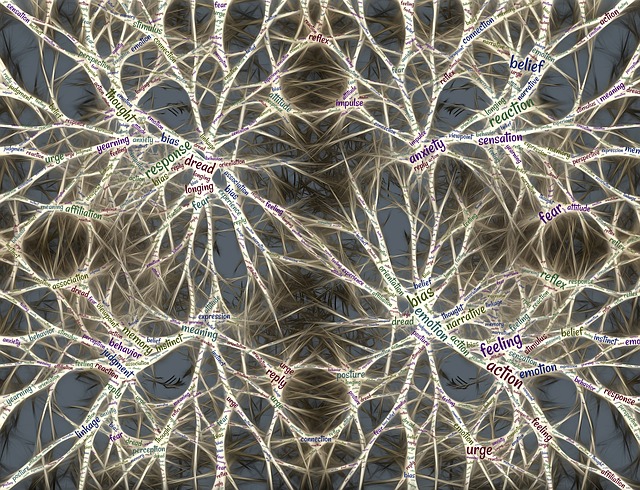In quantum physics, the observer is a direct player in the nature of reality. Therefore, our thoughts and observations play a part in causing the subatomic particles that make up matter. The subatomic world responds to our mind, which is the human brain in action. Observation occurs when we use our frontal lobe to put our conscious attention and awareness on any one thing. By becoming a skillful observer, we can have greater control over the type of future we wish to have.
The brain consists of 100 billion nerve cells called neurons. Neurons link together a diverse combination to make up neural networks. Neuroscientists demonstrated that when we allow ourselves to think new thoughts and focus our attention in a new way, when we repeat these new thought, the new neural networks become “hard wired”. Researchers have observed changes in the brain corresponding to the neural formations created from new thoughts and experiences. Hence, learning new knowledge and having new experience, create new neural networks that allow us to modify our behavior, so that we can take more effective actions in future experiences. There is a great intelligence that runs our bodies. The heart pumps about three million times in our life, without us having to think of it. Ten million cells die every day in our bodies, and new ones are produced instead. Every cell has 100,000 chemical reactions every second. We have 100 trillion cells in our bodies. The body has a will independently from our will. Its will, will transcend our will, its mind will transcend our mind. It gives us life constantly. It keeps an order in our body. There are 3.2 billion nucleic acids in our DNA. If we can tap into this intelligence it will heal the body.
When we look at nature everything correlates and connects with everything else. Nature is like a symphony that is being orchestrated by a force or an order, we may choose to call it God or whatever it is that each of us chooses to believe. The human body is also an orchestrated symphony. A single cell in our body does about six trillion things per second, and it has to know what other cells are doing at the same time.
Our frontal lobe allows us to make thought more real than anything else. We are than interacting with the greater intelligence that creates and sustains us. At this juncture we are more mind than body. Our brain and body respond more to our thoughts than to our external environment. We are no longer influenced by external stimuli, producing the same predictable thoughts. Instead of being the effect of our environment we are the cause in creating a new reality. By not relying on old familiar patterns of wired connections, basing our thought on what is already in our memory, we are gathering new information, using that knowledge to form new neural circuits, where it is possible to perceive (observe) reality in a different way. Thus change the reality that we experience. And according to quantum physics, we should produce tangible changes in our reality.
Dr. Joe Dispenza in his film: Your Immortal Brain, Mastering The Art Of Observation (2005), talks about mastering the skill of observation, so that we may choose a potential future in the quantum field and use the brain’s neural plasticity to begin to have a greater control of mind over matter. He further states that our thoughts make chemicals in our bodies. Happy thoughts make good chemicals insecure, fearful, bad thoughts make bad chemicals. The chemicals make us feel in our body, exactly the way it’s thinking. When the brain checks in with the body it sees that the body is feeling that way and so it produces more of these chemicals. Then we are in a loop of thinking and feeling, where our body is thinking for us. That’s when we need to change the way we think, in order to interrupt the loop. For people that need to heal and or change their reality, they need to start by interrupting this loop. An experiment conducted at the University of Wisconsin, took two groups of people. One group was of monks that had many hours of meditations, and the other group was a few volunteers that were taught how to focus. They hooked the EEG’s (a machine that measures electromagnetic activity) up and found that the monks frontal lobe was much more active then the other group. The skill of observation uses the frontal lobe.



